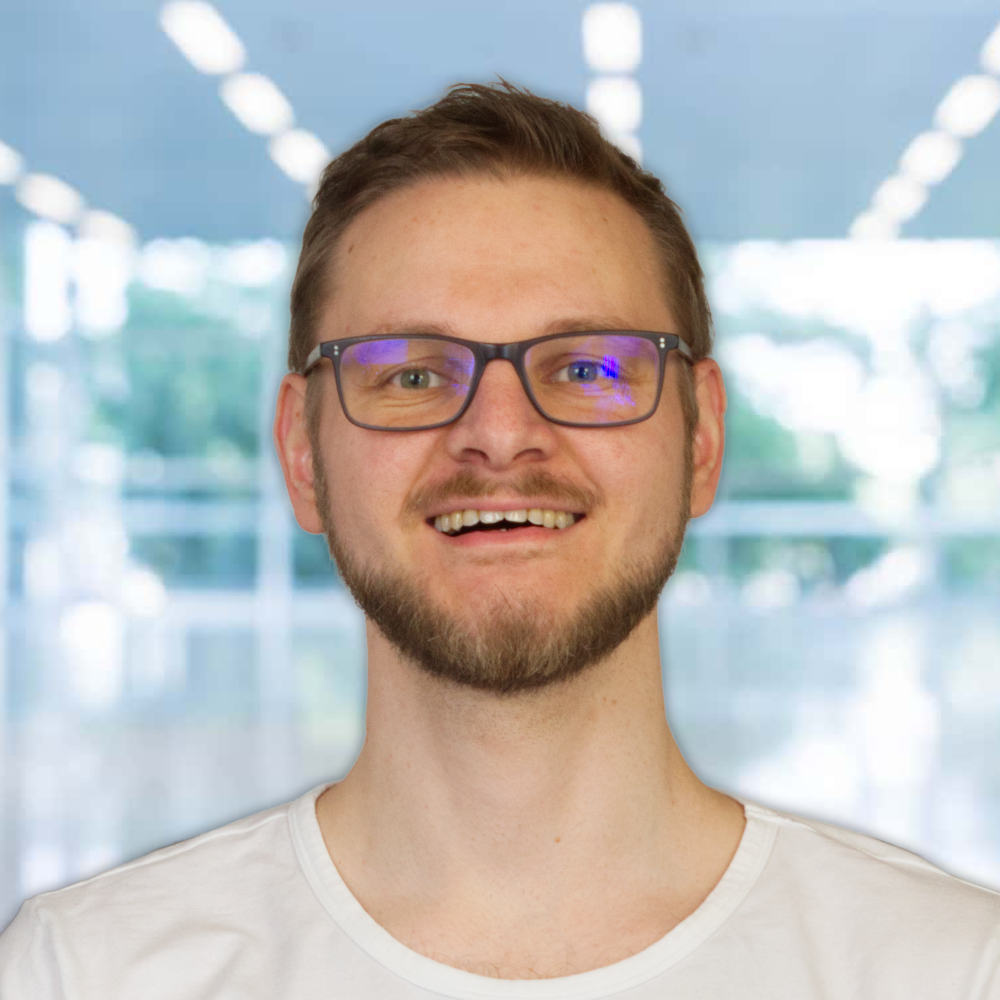Efficient Machine Learning in Hardware
| Lecturer |
 Oliver Bringmann Oliver BringmannHeadOliver Bringmann |
| Lecture |
21.04.2022-28.07.2022 Donnerstag 12ct-14 |
| Instructors |
 Alexander Jung Alexander JungResearcherAlexander Jung  Adrian Frischknecht Adrian FrischknechtAlumniAdrian Frischknecht  Christoph Gerum Christoph GerumResearcherChristoph Gerum  Evgenia Rusak Evgenia RusakResearcherEvgenia Rusak  Konstantin Lübeck Konstantin LübeckResearcherKonstantin Lübeck  Paul Palomero Bernardo Paul Palomero BernardoResearcherPaul Palomero Bernardo  Simon Garhofer Simon GarhoferResearcherSimon Garhofer  Moritz Reiber Moritz ReiberResearcherMoritz Reiber |
| Amount | 2 SWS / 3 LP |
| Type of course | Lecture (3 LP) |
| Course ID | ML4420 |
| Entry in course catalog | Alma |
| Learning Platform | Ilias |
Topic
The recent breakthroughs in using deep neural networks for a large variety of machine learning applications have been strongly influenced by the availability of high performance computing platforms. In contrast to its biological origin, however, high performance of artificial neural networks critically relies on much higher energy demands. While the average energy consumption of the entire human brain is comparable to that of a Laptop computer (i.e. 20W), artificial intelligence often resorts to large HPCs with several orders of magnitude higher energy demand. This lecture will discuss this problem and show solution how to build energy and resource efficient architectures for machine learning in hardware. In this context, the following topics will be addressed:
- Hardware architectures for machine learning: GPUs, FPGAs, overlay architectures, SIMD architectures, domain-specific architectures, custom accelerators, in/near memory computing, architectures for training vs. architectures for inference
- Energy-efficient machine learning
- Optimized mapping of deep neural networks to hardware and pipelining techniques
- Word length optimization (binary, ternary, integer, floating point)
- Scalable application specific architectures
- New switching devices to implement neural networks (Memristors, PCM)
- Neuromorphic computing
Students gain in-depth knowledge about the challenges associated with energy-efficient machine learning hardware and respective state-of-the-art solutions. Different hardware architectures will be compared regarding the trade-off between their energy consumption, complexity, computational speed and the specificity of their applicability.
The main goals of the course are learning what kinds of hardware architectures are used for machine learning, understanding the reasons why a particular architecture is suitable for a particular application and how to efficiently implement machine learning algorithms in hardware.
Literature
- Sze, Vivienne, et al. “Efficient processing of deep neural networks.” Synthesis Lectures on Computer Architecture 15.2 (2020): 1-341.
